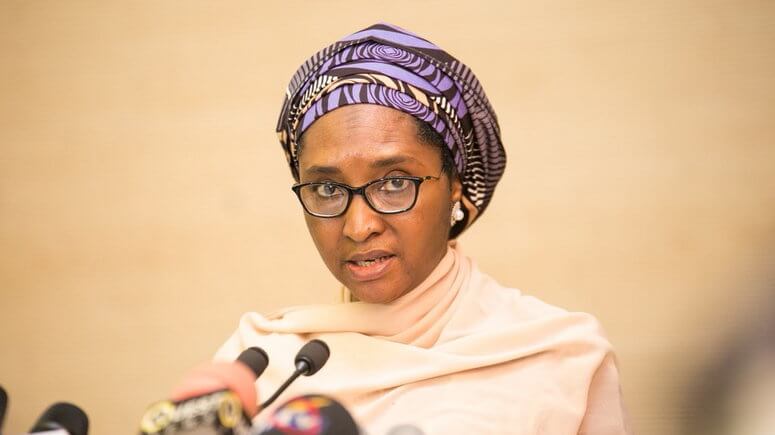With the bulk of Nigeria’s N31trn debt raised through commercial loans, there is no creditor that would be willing to forgive the country and wipe off these debts as was done by the Paris Club in 2005.
This is because a larger percentage of these loans, according to figures from the Debt Management Office are commercial in nature that does not respond to pity party.
Advertisement
A Senior Economist at SPM Professionals, Dr Paul Alaje said these at a forum organised by the Finance Correspondents Association of Nigeria’s programme in Abuja.
He said that the Federal Government must rethink its debt position as well as creatively expand its revenue generation capacity.
The Economist warned that the current situation where the Federal Government is servicing the nation’s debt with about 60 per cent of earned revenue is dangerous and unsustainable.
He advised the Federal Executive Council and the Debt Management Office to urgently reconsider the new debt strategy as it is capable of hurting the economy.
FEC had last Month given approval to adjust the Debt to Gross Domestic Product ratio from 25 per cent to 40 per cent. This means that the government has expanded the borrowing band at a time when the debt profile is over N31trn.
Advertisement
The Minister of Finance, Budget and National Planning, Mrs Zainab Ahmed, had last Month disclosed that Nigeria spent N3.27trn on debt servicing obligation in 2020.
In the 2021 fiscal period, the sum of N3.324trn was allocated for debt servicing, amidst the country’s struggling revenue.
But Alaje said the decision of the Federal Government to make provision for further allowance in the borrowing limit is tantamount to sacrificing the near future in the hands of commercial creditors.
At 25 per cent of Gross Domestic Product, Alaje said that debt service was beyond 60 per cent in 2020, adding that some states had even gone beyond 90 per cent of their Internally Generated Revenue.
He said, “Unfortunately, our debts are no longer bilateral or multilateral in composition. Larger percentage of these loans, according to Debt Management Office is commercial in nature.
Advertisement
“Commercial loans do not respond to pity party. How then will commercial loan be forgiven? Certainly not in the volume we owe. We should be ready to pay.
“With near 50 per cent and beyond 60 per cent in 2019 and 2020 respectively, it is clear that there are revenue challenges and the Federal Government must proffer a lasting solution before it is too late.
“How then should we promote an increase in debt to GDP? Will the GDP pay back? The real argument is, how are we going to pay back? With the revenue that is emaciating, even when compared with our abysmal budgetary provision, debt cannot fill in the gap.
“Debt is burdensome; it should be discouraged and reduced. There is an urgent need for FEC and DMO to immediately reconsider the new debt strategy because it will harm the economy.”
“We must gradually, look beyond oil as it is unstable. Nigeria must be positioned to maximize revenue from the new global economic ecosystem. I am expecting significant drop in our borrowing plan in near future not what we currently have.”
In view of the current low revenue, the Economist warned that in less than five years, Nigeria may get to a point where more than 70 per cent of revenue is spent on debt service.
Advertisement
At that point, he argued that the country may have to borrow to pay wages, infrastructure and other important obligations.
“Some of these (borrowing to pay wages) are currently happening. More countries will request for sovereign guaranty as security for borrowing,” he added.
He also advised the Government to review the overheads and recurrent expenditure, as the current amount being spent is not sustainable.
“A poor country cannot be spending more than rich countries on political office holders. We must deliberately cut expenditure on political office holder but in the executive and legislative arms. This will afford us the needful revenue for other more vital expenditure,” he stated.



